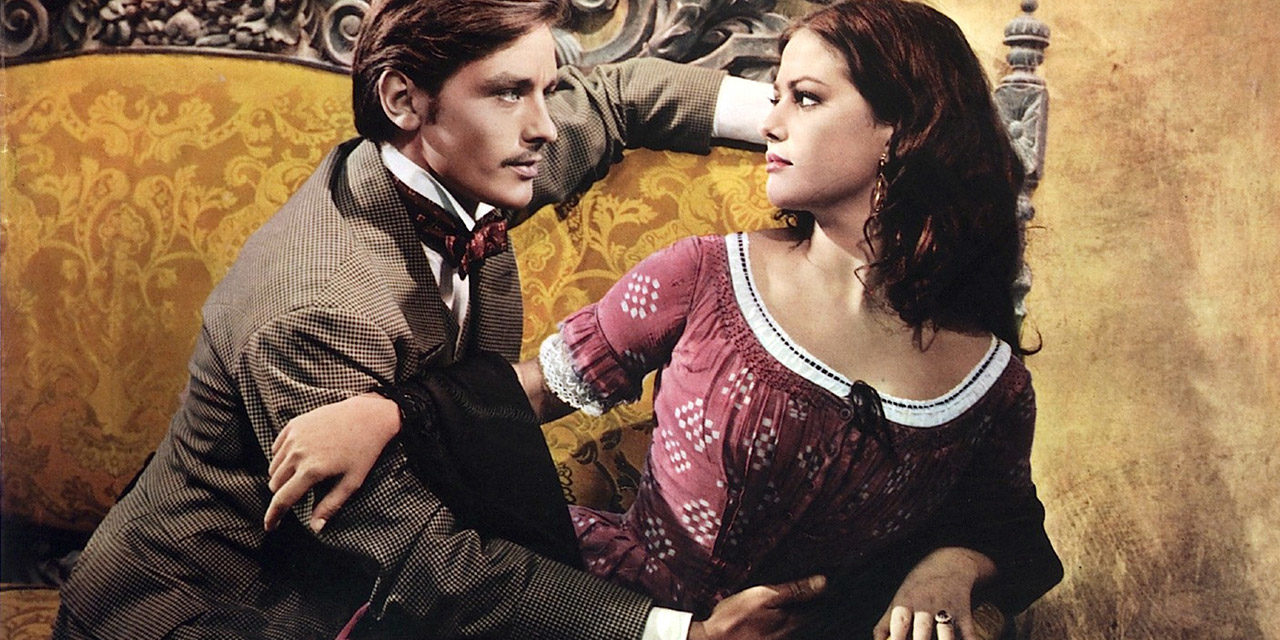👍 GREAT MOVIE
1963 · U · 3h 6min
Drama | History | Foreign Language
Original Title Il gattopardo
Director Luchino Visconti
Music Nino Rota
Stars Burt Lancaster, Alain Delon, Claudia Cardinale
Release Date 2 January 1963 (Acapulco Film Festival)
Country of Origin Italy, France
Language(s) Spoken Italian, French, Latin, German
Sound Mono | Colour Colour | Aspect Ratio 2.21 : 1
The Prince of Salina, a noble aristocrat of impeccable integrity, tries to preserve his family and class amid the tumultuous social upheavals of 1860s Sicily.
The Leopard (Italian: Il Gattopardo, "The Serval"; French: Le Guépard, lit. 'The Cheetah') is a 1963 epic historical drama film directed and co-written by Luchino Visconti, based on Giuseppe Tomasi di Lampedusa's 1958 novel of the same title. Burt Lancaster stars as Don Fabrizio Corbera, an aging Sicilian nobleman caught up in the socio-political turmoil of the Risorgimento (Italian Unification) during the mid-19th century, with Alain Delon as his opportunistic nephew Tancredi, and Claudia Cardinale as his goddaughter. The film was an international co-production between Italian studio Titanus and French studio Pathé.

The Leopard won the Palme d’Or at the 1963 Cannes Film Festival, and was released theatrically in Italy on March 28, 1963, and in France on June 14. It was a critical and commercial success in Europe, but reception was more lukewarm in the United States, where a shorter, English-dubbed cut was released. Retrospective reviews, drawn from the film's longer original cut, have been more positive, and the film is now widely regarded as a classic.
Lavish.
Synopsis
Set in Sicily in the year 1860. Don Fabrizio Corbera, Prince of Salina, enjoys the customary comforts and privileges of his ancestry. War has broken out between the armies of Francis II of the Two Sicilies and the insurgent volunteer redshirts of Giuseppe Garibaldi. Among the rebels is the Prince's nephew, Tancredi, whose romantic politics the Prince hesitantly accepts with some whimsical sympathy. Upset by the uprising, the Prince departs to Palermo. Garibaldi's army subjugate the city and expropriate Sicily from the Bourbons. The Prince muses upon the inevitability of change, with the middle class displacing the ruling class while on the surface everything remains the same. Refusing to bend to the tide of changes, the Prince departs to his summer palace at Donnafugata.
A new national assembly calls a plebiscite and the nationalists win 512–0, thanks to the corruption and support of the town's leading citizen, Don Calogero Sedara. Don Calogero is invited to the villa of the Salinas, and he brings his daughter Angelica with him. Both the Prince and Tancredi are taken by Angelica's beauty. Soon thereafter, Tancredi makes plans to ask for her hand in marriage.
The Prince sees the wisdom of the match because he knows that, due to his nephew's vaulting ambition, Tancredi will be in need of ready cash, which Angelica's father will happily provide. With the mutual blessing of the Prince of Salina and Don Calogero, Tancredi and Angelica get engaged.
A visitor from the constituent assembly comes to the villa. He pleads to the noblemen gathered there to join the senate and to guide the state; he hopes that the Prince's great compassion and wisdom will help alleviate the perceived poverty and alleged ignorance on the streets of Sicily. However, the Prince demurs and refuses this invitation, observing that Sicily prefers its traditions than to the delusions of modernity because its people are proud of their ancient heritage. He sees a future where the leopards and the lions, along with the sheep and the jackals, will all live according to the same law, but he does not want to be a part of this democratic vision.

He notices that Tancredi has shifted allegiances from the insurgent Garibaldi to King Vittorio's newly-formed army, and wistfully judges that his nephew is the kind of opportunist and time-server who will flourish in the new Italy.
A great ball is held at the villa of a neighbouring Prince which is attended by the Salinas including Tancredi. Afflicted by a combination of melancholia and the ridiculousness of the nouveau riche, the Prince wanders forlornly from chamber to chamber, increasingly disaffected by the entire edifice of the society he so gallantly represents – until Angelica approaches and asks him to dance. Stirred and momentarily released from his cares, the Prince accepts, and once again he recaptures and presents the elegant and dashing figure of his past.
However, he becomes disenchanted and leaves the ball alone. He asks Tancredi to arrange carriage for his family, and walks with a heavy heart to a dark alley that symbolises Italy's inordinate and fading past in which he inhabits.

"The film is one of the most sumptuous ever made in Europe"- Derek Malcolm, London Evening Standard
